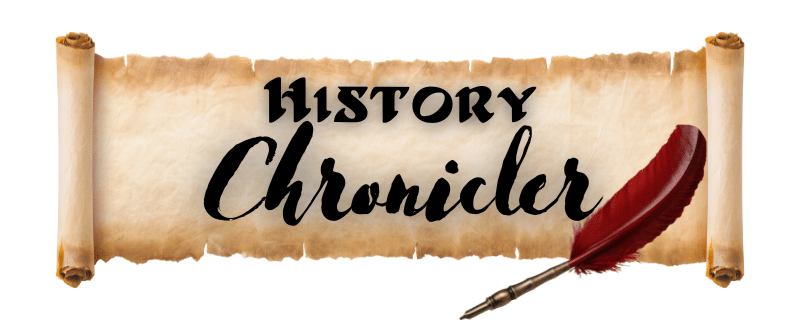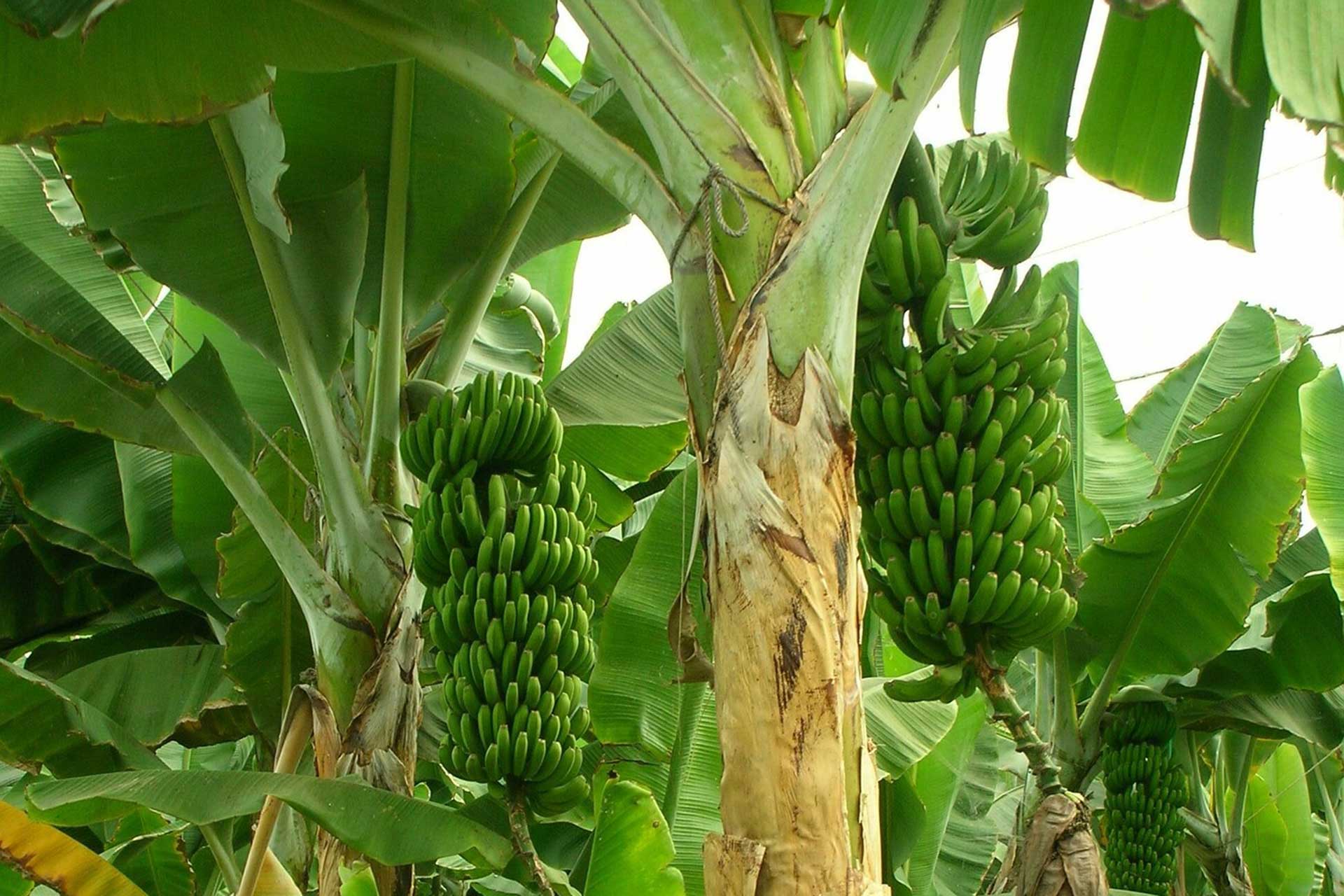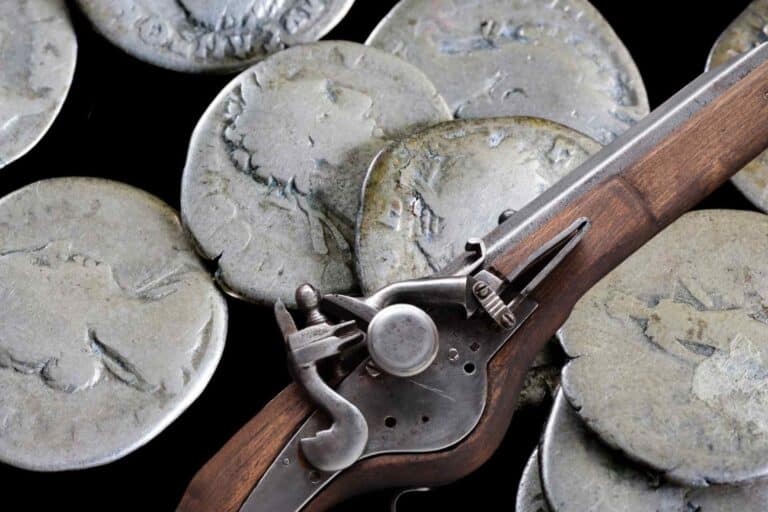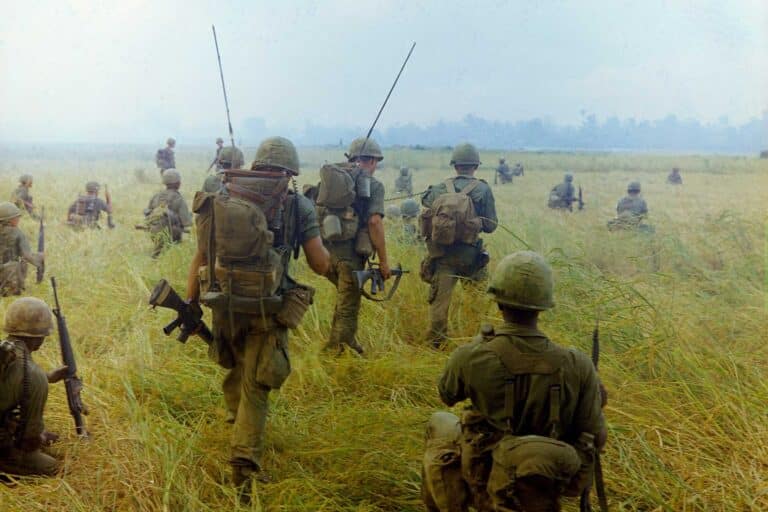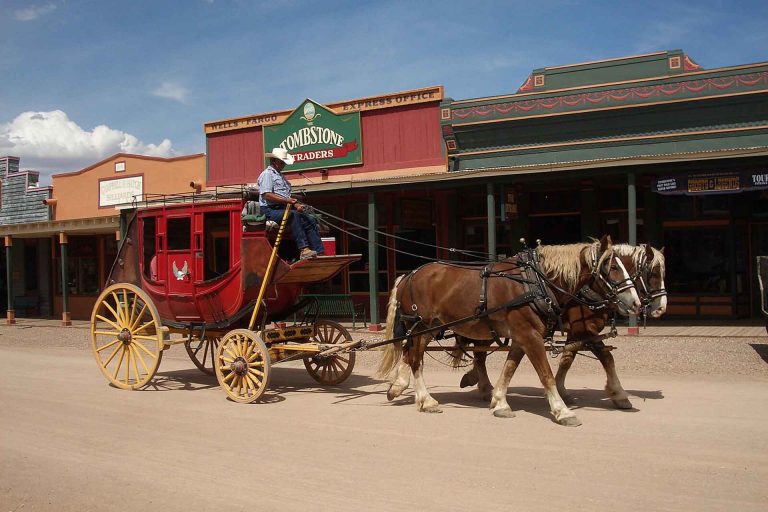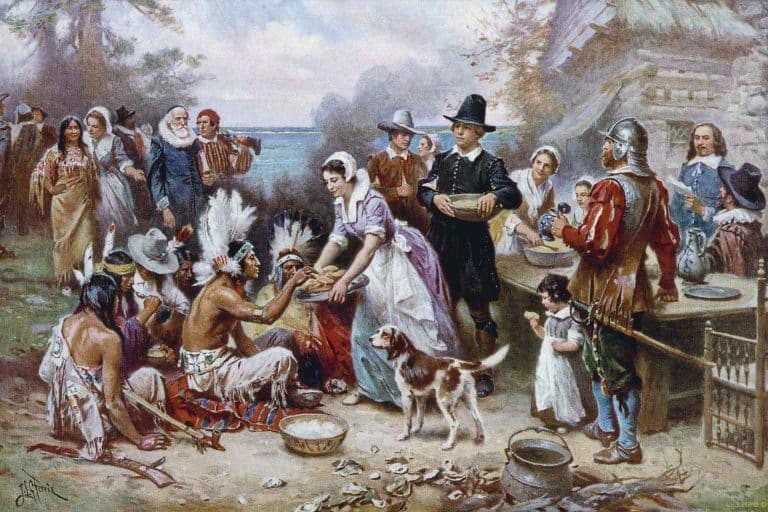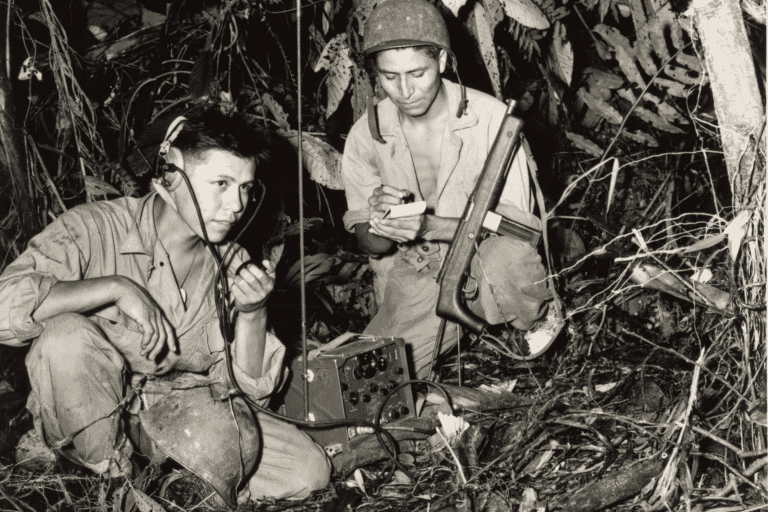Banana Republics: The Bloody Legacy of The United Fruit Company
The history of the United Fruit Company is a saga of bold visionaries, groundbreaking entrepreneurs, and the creation of the global industrial food system. It is the tale of Banana Republics, corporate exploitation, and the destruction of vulnerable developing countries.

Infrogmation, Public domain, via Wikimedia Commons
Established in 1899, the United Fruit Company was formed by merging multiple major tropical fruit businesses to become one of the most powerful multinational corporations in the early 20th century. Its influence spread across continents, from the tropics of Central and South America to the dinner plates of the United States, transforming how Americans ate fruits.
Bananas, pineapples, and other tropical fruits were once rare and exotic luxuries in the United States, only savored as occasional treats by the wealthy. Recognizing the potential, the United Fruit Company seized upon the idea of making these fruits a staple for the average American consumer. This required the unprecedented scale of sourcing, transporting, and marketing these perishable products.
The company’s refrigerated ships, called the “Great White Fleet” because of the dazzling white paint, allowed them to ship bananas and other fruits from tropical lands to the U.S. without spoilage. This technological advancement was a revolution in itself, making it economically feasible to sell these fruits to the masses.

The company extended its tentacles beyond transportation: large banana companies came to own vast tracts of land across various countries, especially Costa Rica, Honduras, and Guatemala. In effect, United Fruit often ran local economies and wielded enough political power to influence changes favorable to cheap fruit supplies. The undoubted economic development which their presence brought to various areas also involved accusations of neo-colonialist exploitation and worker abuse, and the term “banana republic” for small countries unduly influenced by foreign corporations may be a result of their power.
At the same time that the United Fruit Company made tropical fruit readily available in the United States, it also changed Americans’ eating habits. Bananas, of course, became a near-daily purchase for many American families, and other fruits such as pineapples and mangos became much more common as well. The actions of the United Fruit Company, which changed its name to Chiquita Brands International in 1984, helped make exotic fruits a reality for millions and helped shape the modern world food markets, but also raised questions about the effect of large multinational corporations in developing countries, including their ability to form “Banana Republics.
Minor Keith: Putting Profits Over People
Minor C. Keith was an American businessman whose involvement in the United Fruit Company helped massively expand it into the largest and most powerful fruit company at the time. The legacy of Keith’s actions and policies would impact the economies of Central and South America for decades to come.
Born in Brooklyn, New York, in 1848, Keith began his foray into tropical fruits when he traveled to Costa Rica in the 1870s. He had joined the construction of a railway line, his uncle, Henry Meiggs, had started, which was to run from the capital of San José to the port city of Limón. Meiggs died during the construction of the railway, so Keith took over. The company had difficulties due to a significant worker death toll as a result of yellow fever and malaria. Keith also had to find a way to increase the project’s profitability, as railway construction was expensive.

Keith saw potential in Costa Rica’s land and resources, so he began planting banana trees along the railway line. The bananas were not only to serve as food for the laborers who were working for him, but also as a potential export to the United States. By the time the railway was about to be completed, more bananas were being transported out of Costa Rica than ever before.
In 1899, Keith merged with two Boston-based fruit trading companies owned by Andrew W. Preston and Lorenzo Dow Baker to form the United Fruit Company. Keith’s transportation and production strategies, along with the marketing and distribution skills of his business partners, would lead to a combined company unmatched by others.

Keith’s business practices had a major impact on the local businesses in areas where the company expanded. He would put a “policy of putting profits over people,” as he had said on record, first in his company, a policy that would be carried out throughout the United Fruit Company. The business began to destroy local economies and weaken political systems by exploiting the lands and environments in which it operated. Keith did not mind participating in the politics of the host nations. The company would ensure the government was on their side and, if need be, even finance coups to bring in new governments in their favor.
As for the workers in his workforce, Keith controlled their labor. Attempts to organize workers or to strike for better rights and conditions were suppressed. The United Fruit Company’s private security would often be called in, and sometimes the local military in their Banana Republics, to break the strikes violently, leading to many deaths and injuries. Minor C. Keith’s influence on the fruit business was not just a business legacy; it was a strong demonstration of a corporation being given free rein on vulnerable populations, the environments they were operating in, and a prioritization of capital over life.
The United Fruit Company and Its Impact on the Economies of Central and South American Banana Republics
The United Fruit Company (UFC)’s influence in several countries extended beyond fruit distribution. The degree of company intervention and hold in host countries had a fundamental effect on their politics, economies, and social structures. While UFC’s contribution to infrastructure development and job creation cannot be denied, the company’s practices also caused serious harm to local economies and societies.
The most crucial damage to local economies was the instigation of monoculture. The UFC’s focus on single-product specialization dissuaded other forms of agricultural production in host countries. By monopolizing a single market, UFC made local economies reliant on a single income source, which is detrimental to stability. This made the economies of those countries extremely vulnerable to fluctuations in world prices, diseases such as Panama disease, and unpredictable natural disasters. It is an irrefutable fact that diversified agriculture makes economies more robust to the above-mentioned challenges.
In addition, the UFC’s acquisition of large tracts of land, often confiscated from local farmers through coercion and unfair agreements, deprived them of their means of production and left locals with no option but to work on the UFC’s fields and lands. This led to significant wealth consolidation, with all profits going to the US rather than benefiting local communities. In the long term, it led to an increase in landless labor and contributed to the decline of other sectors. The UFC-dictated work conditions and wages often disadvantaged workers.
The third example of the company’s impact on local economies was that most of the infrastructure, such as railways and ports, was developed solely to support the company’s export goals. This left the host countries’ internal markets undeveloped.
In conclusion, while the UFC’s presence brought certain economic benefits to local communities, the United Fruit Company’s intervention and domination in several Central and South American countries caused severe damage to their political, financial, and social structures. Although these countries benefited from UFC’s investments, infrastructure development, and job creation, the company’s influence impeded the autonomy, stability, and diversified growth of their local economies. The term “Banana Republics” was coined by the company’s actions and interventions and is still used in present-day analyses of these countries.

The United Fruit Company and Political Manipulation in Central and South American Banana Republics
The United Fruit Company (UFC) is a prime example of how multinational corporations can influence and manipulate politics in countries where they have business interests. The UFC had a significant impact on the politics of several Central and South American countries throughout the 20th century. The company interfered in local politics in various ways to protect its economic interests.
The 1954 Guatemalan coup d’état was one of the most infamous examples of the UFC’s political interference. The democratically elected Guatemalan President, Jacobo Árbenz, had initiated agrarian reforms that threatened the UFC’s landholdings in the country. The UFC lobbied the US government, falsely claiming Árbenz was a communist, and the CIA organized a coup that overthrew Árbenz’s government. The coup led to a series of political upheavals and violence in Guatemala. The US, with the backing of UFC, overthrew a democratically elected government to protect its banana republic’s business interests.
In addition to direct interventions, the UFC often collaborated with dictators and autocrats. In Honduras, for instance, the UFC had close relationships with dictatorial governments. The company used its economic leverage to secure favorable land deals and tax exemptions, and to suppress labor movements. Such collaborations allowed the UFC to operate with minimal oversight and turn a blind eye to its exploitative labor practices.
The UFC also used its financial resources to influence politics. The company would support political candidates financially in exchange for favorable policies once they were in power. The UFC used campaign contributions, bribery, or direct funding of political parties to ensure it had allies in key government positions.
The company also used intimidation and coercion to influence politics in the countries where it operated. The UFC had a private security force, often larger than the national armies of the nations. The private army was used to suppress labor strikes, intimidate political opponents, and keep local communities under control.
In summary, the UFC had a significant influence on the politics of Central and South American countries. The company used various tactics, including political interference, collaborating with dictators, and financial muscle, to protect its economic interests. The UFC’s history serves as a reminder of the dangers of corporate power in geopolitics and how MNCs can distort democracy and national priorities for their selfish interests.
The United Fruit Company and Suppression of Worker’s Rights in Central and South American Banana Republics
During its operations in Central and South America, the United Fruit Company demonstrated a blatant disregard for its workers’ rights and well-being. For decades, UFC exploited local populations, reaping enormous profits while trampling on workers’ rights, stifling collective bargaining efforts, and resorting to violence to silence dissent.
One of the primary mechanisms by which UFC suppressed workers’ rights was by exploiting the local labor force’s vulnerability. In many of the regions where the company operated, employment opportunities were scarce, leaving workers with few alternatives to the UFC’s exploitative practices. The company often provided poor working conditions and low wages. When workers attempted to organize or demand better treatment, UFC would frequently resort to intimidation tactics, firing union leaders or shutting down operations altogether to starve the labor force into submission.

However, if there is one single event that showcases the viciousness of UFC’s methods, it is the 1928 massacre of workers in Ciénaga, Colombia. On the UFC banana plantations, workers went on strike, demanding fair pay, better conditions, a 6-day workweek, and other rights. The strike was only the last straw for the thousands of workers who had begun organizing due to the company’s numerous abuses and violations. The strike, if successful, would have put an end to the enormous profits from banana exports. The Colombian government, pressured by the UFC, decided that it was time to put a stop to these workers’ organization.
Thousands of people had begun gathering in Ciénaga’s central square to protest and demand the right to organize. When the workers’ protest had reached a boiling point, the governor of Magdalena department, who took orders from the UFC, called in the army. A confident General Cortés Vargas was sent in to “take care of things.” On December 6, after he arrived at the scene and without any attempt at dialogue, Vargas declared the meeting illegal and ordered his men to shoot at the unarmed crowd. The ensuing bloodbath is known as the Banana Massacre.
Reports on how many people died in the massacre are varied, but it is believed that up to a thousand people could have been killed, with official numbers given as much lower. The stench of death that followed was unspeakable: the company ordered the bodies to be loaded onto the train and dumped in the sea to “get rid of the evidence.” Such an act, in combination with the raw violence of the incident, sparked international outrage. However, the UFC was let off without major consequences and continued its business with the Colombian government’s implicit approval.

In the years that followed, the event was documented in many reports, which detailed the atrocities that were a result of the massacre. As a result of the event, the public understood how far national governments would go to support foreign companies and their interests at the expense of their own people. This event also demonstrated the power of a corporation such as the UFC and its ability to influence and censor its workers’ rights without any real punishment or penalty.
In summation, the treatment of the workers by the UFC in the Central and South American Banana Republics was one of the many extreme consequences that unregulated capitalism can create.
The Decline of Banana Republics and the Fate of the United Fruit Company
Initially, the term “Banana Republic” was used as an epithet to describe Central American nations with no political stability and with the export of one main product to the international market. But as time passed, this term came to include colloquially any state with an unstable political life and an export-oriented economy in its modern form. The ascension and the fall of banana republics have been tied to these companies, such as UFC, due to their natural consequences.
The 20th century marked the start of the decline in power for UFC and similarly oriented companies due to an amalgamation of external and internal factors. External forces included domestic and foreign critics of the company’s actions, which snowballed into state- and international-level reform movements. Domestic reactions included workers’ movements, nationalist movements, and general outrage, which forced the government to take measures such as raising taxes on UFC or implementing anti-monopoly legislation, including nationalization. Externally, UFC’s neocolonial-style operations were exposed, sparking a scandal and an outcry.
Externally, the early Cold War climate removed UFC’s most significant trump card. Washington was now more concerned with the situation on the international stage, and the UFC’s interventions in Latin America’s internal affairs to protect its assets were no longer a priority. US support, in both military and political terms, had shifted to pro-populist, populist-nationalist governments that promoted a socialist agenda and continued implementing anti-business legislation. UFC’s inevitable downfall was also caused by its own actions. Monoculture also made their businesses easy to disrupt, as several major fruit crops died due to diseases such as the Panama disease of banana trees.

UFC officially ended in 1970 when it merged with AMK Corporation, which bought a 20% stake in UFC to form United Brands Company. This new company branched out, no longer producing only fruits but also other goods. The company still made a series of missteps, including a bribery scandal in the mid-1970s, that poisoned its image. UFC became known as Chiquita Brands International in 1984. Today, Chiquita is still the dominant player in the banana market, but no longer in the political arena as it once was.
In conclusion, the total collapse of the “banana republic” system was the result of both global and local causes, in an amalgamation with an impact made by the companies themselves. Today, the shadow of this era still hangs over many nations. Even though companies of this type have been dismantled on the governmental level, the socioeconomic issues that gave birth to banana republics still live on in many countries.
